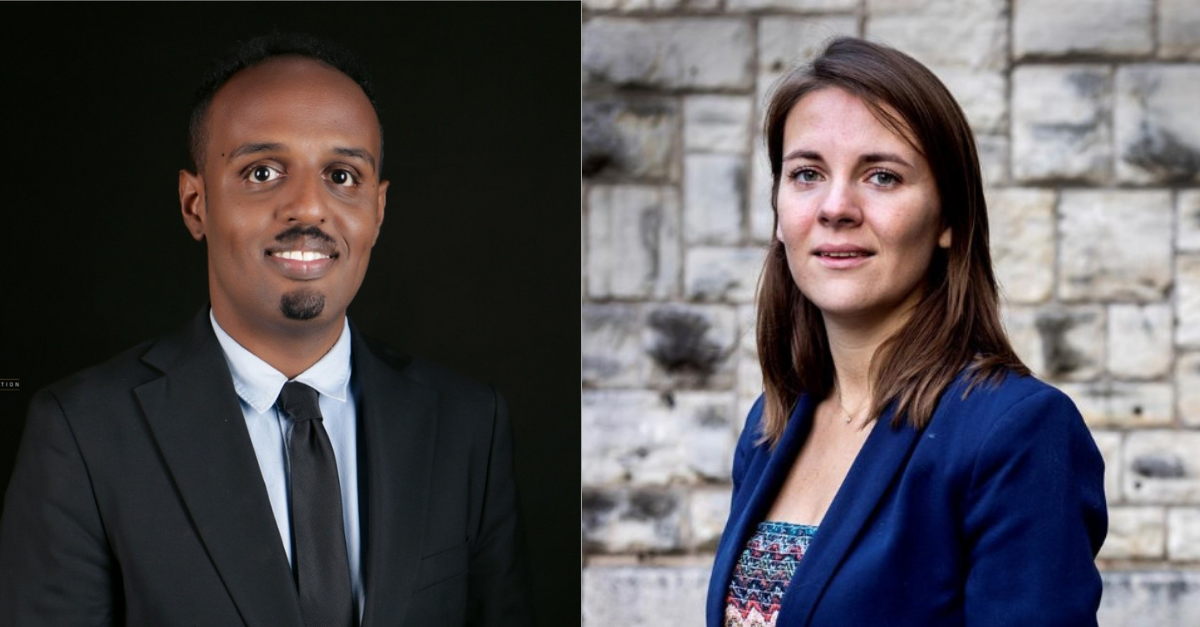Master International and European Tax Law ‘Topopleiding’ (top study programme) and master Dutch Law first place in ‘Keuzegids Masters 2017’
“The main exception is the tax law master in Maastricht: the interesting programme is presented in a stimulating way, a great deal of attention is paid to analytical and critical thinking and the problem solving abilities of students”
The ‘Keuzegids Masters 2017’, published on Tuesday, 28 February 2017, shows that the law masters of the Maastricht University Faculty of Law are highly valued again. Like in previous years, this is – among other things- apparent from the appreciation for the content of the various programmes and the teachers.

In the category International Law – Economic and Business Law, the master International and European Tax Law comes first place again and is awarded the label “Topopleiding” (top study programme). The master scores well above average on virtually every aspect and is particularly valued for the content of the programme and its practicality.
The new possibility to do a double degree programme in Aruba is also mentioned.
“Maastricht offers the possibility to study in Aruba for one year in order to obtain a double degree with a specialisation in American tax law”
In the ranking of the general legal masters (category Dutch Law – Law), the master programme Dutch Law climbed to the first place. Students highly appreciate the quality of the teachers.
“In Maastricht, Nijmegen and Tilburg students praise the knowledge and teaching skills of their tutors”
The Master European Law School (category International Law – International and European Law) obtained a wonderful second place and scored, with 70 points, above average. Students are – among other things – happy with the quality of their teachers and the content of their study programme.
The Independent Keuzegids Masters assesses and compares the quality of master's programmes and helps students in choosing further education. The Keuzegids’ judgement is based on the opinions of students (70%) and on judgments of the NVAO, the national inspection body for higher education (30%).
See the full results on the website of the Keuzegids.
Also read
-
On 12 June 2024, Dr Domenico Carolei, Lecturer in Public International Law and Public Law at the University of Stirling, gave a talk entitled 'Charting NGO Accountability: Identifying alternative accountability routes'.
-
The Dutch Research Council (NWO) awarded a grant for the new research project CHILD-WAR by Dr. Marieke Hopman and Dr. Guleid Jama.
-
Two Law PhD candidates of the Maastricht Faculty received awards for their doctoral theses during the 21st International Congress of the International Association of the Penal Law in Paris.


